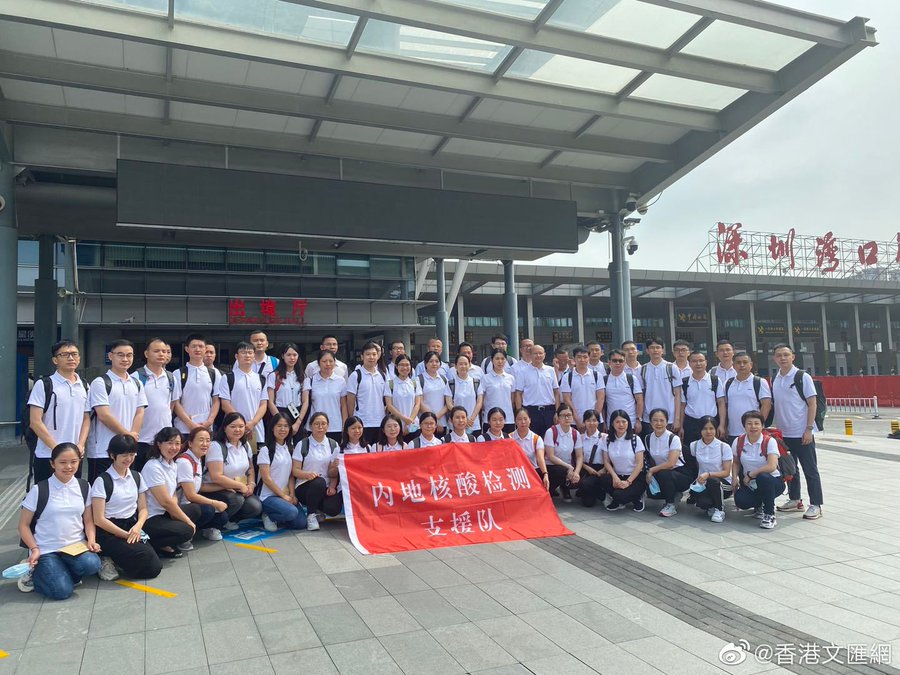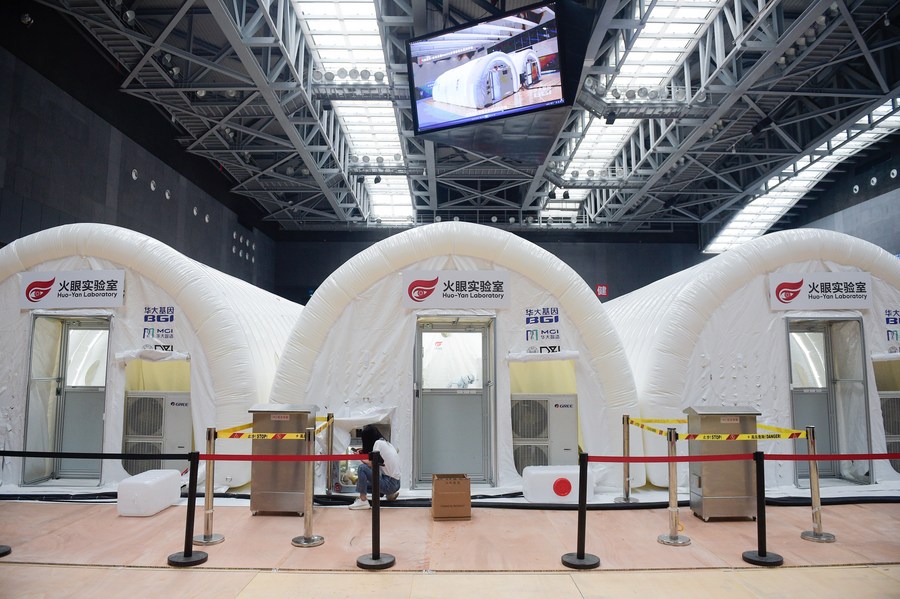A 33-year-old Hong Kong man was tested with novel coronavirus again after four months, becoming one of a few cases of COVID19 reinfection in the world.
Dutch and Belgian patients get coronavirus re-infection after Hong Kong reports world’s first reinfection case. More testing needed on new patients to see two instances of virus differ slightly.
Hong Kong researchers said they found antibodies several days after the man was hospitalized for the second time, but there were no antibodies when he tested positive after returning from Spain, which also proved that he had been reinfected and could therefore infect others. This case was believed to be the world’s first confirmed case of a human becoming reinfected after recovery.
Jin Dongyan, a biomedical professor at the University of Hong Kong, told the Global Times on Tuesday that genetic sequencing of the man’s virus during his first infection was similar to the virus detected in Wuhan, Central China’s Hubei Province, when he was first diagnosed with COVID-19 in March. This time, the sequencing was similar with the virus found in Europe.
Jin also ruled out the possibility that the virus from March had remained in his body, thus bringing a positive test result, due to the completely different genetic sequencing of the virus. Most of those who test positive due to the virus remaining in their bodies shortly after they are cured do not infect others, but in this case, the man, although a silent carrier, could infect other people, Jin said.
Microbiologist Yuen Kwok-yung from the University of Hong Kong told the Global Times on Tuesday that the second infection has less symptoms or no symptoms in this case, but the viral load in the patient body is just as high as in any acute infection, meaning that the reinfected patient can be just as infectious as a patient who is infected the first time.
As the antibodies found in patients cured from the virus have a much better protective effect than COVID-19 vaccines in preventing them from being reinfected, the case showed that COVID-19 vaccines may fail to protect these recipients from being infected a second time, Jin said.
The case reminded people that vaccines are not a once-and-for-all solution, and they most likely can only protect them from getting serious symptoms, and scientists have to keep researching and properly respond to this issue, according to Jin.
8-28-20
An unnamed 25-year-old individual from Reno tested positive for the coronavirus that causes COVID-19 on April 18, and had symptoms including a sore throat, headache, nausea, and diarrhea, according to a pre-print study. By April 27 the symptoms had resolved, and two coronavirus tests came back negative on May 9. On 31 May, the patient reported having a fever, headache, feeling dizzy, as well as a cough, nausea and diarrhea. Five days later, the patient was hospitalized after their condition worsened, and tested positive for the coronavirus again. Samples from the patient also showed they had antibodies against the coronavirus.








